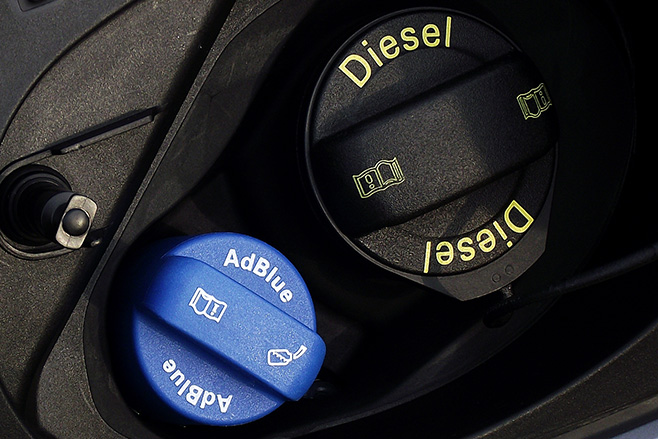
Snapshot
- Combined fine of u20ac875million (AU$1.39billion)
- Daimler not fined because it revealed what was happening
- VW considering whether to appeal
Volkswagen and BMW have been fined a combined €875million (AU$1.39billion) by the European Commission for colluding over the development of emissions-cleaning technology in their cars.In a case entirely separate to the Dieselgate scandal, the two carmakers, along with Daimler, had possessed the technology to reduce harmful emissions more than was required under EU law – but avoided competing to do so, reports Reuters.The talks, held a decade ago, centred on design standards for AdBlue – an additive used to cleanse nitrogen oxide from exhaust gases produced by diesel cars.
When it laid charges in 2019, the Commission said the German carmakers had colluded to restrict the size of AdBlue tanks between 2006 and 2014 in order to make the urea-based additive less convenient to use.
The case has set a precedent by extending the application of the law to technical-level talks between industry players.
European Union anti-trust chief Margrethe Vestager told a news conference in Brussels last week: “This is a first. [The] decision is about how legitimate technical co-operation went wrong. And we do not tolerate it when companies collude.”
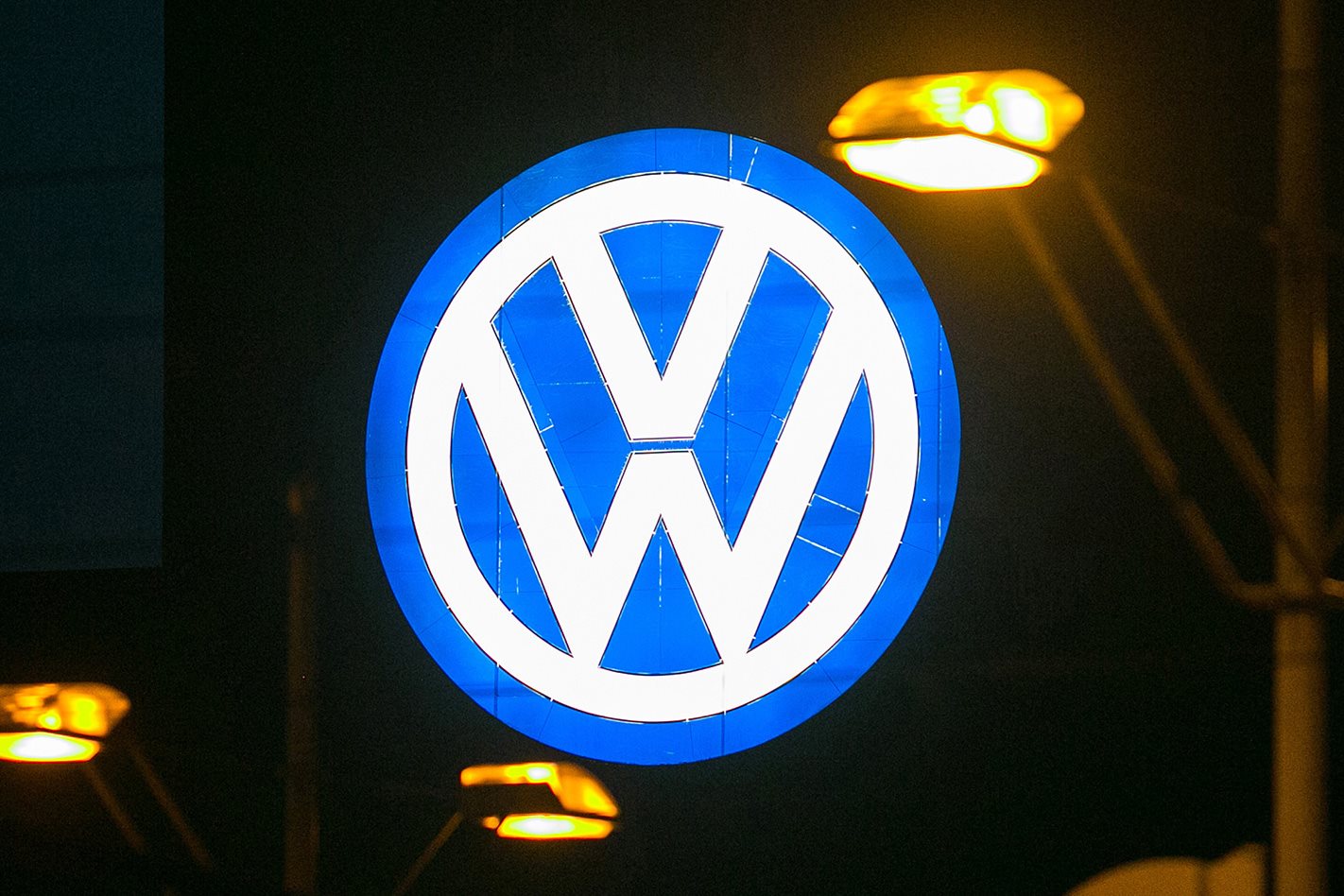
Vestager said both BMW and VW had agreed to settle the case and acknowledged their roles. As a result, Volkswagen will pay a fine of €502m and BMW €373m. Although Daimler also colluded in the matter, it was not fined because it informed the authorities what was going on.
A statement for Volkswagen AG said it was considering whether to appeal the fine in the European courts later this year, as it believes the EU Commission should have issued clearer industry guidelines about co-operation between manufacturers rather than hitting the carmakers with fines.
“VW has cooperated fully with the European Commission throughout the proceedings,” it said.
“The Commission is breaking new legal ground with this decision, because it is the first time it has prosecuted technical cooperation as an anti-trust violation.
“It is also imposing fines even though the contents of the talks were never implemented and customers were therefore never harmed. In fact, the tank sizes and ranges of the vehicles involved were two to three times higher than discussed in the talks.
“The existing Commission guidelines on horizontal co-operation agreements date from 2011 and no longer do justice to the complex challenges facing the automotive industry in particular in the area of necessary technical co-operation.”
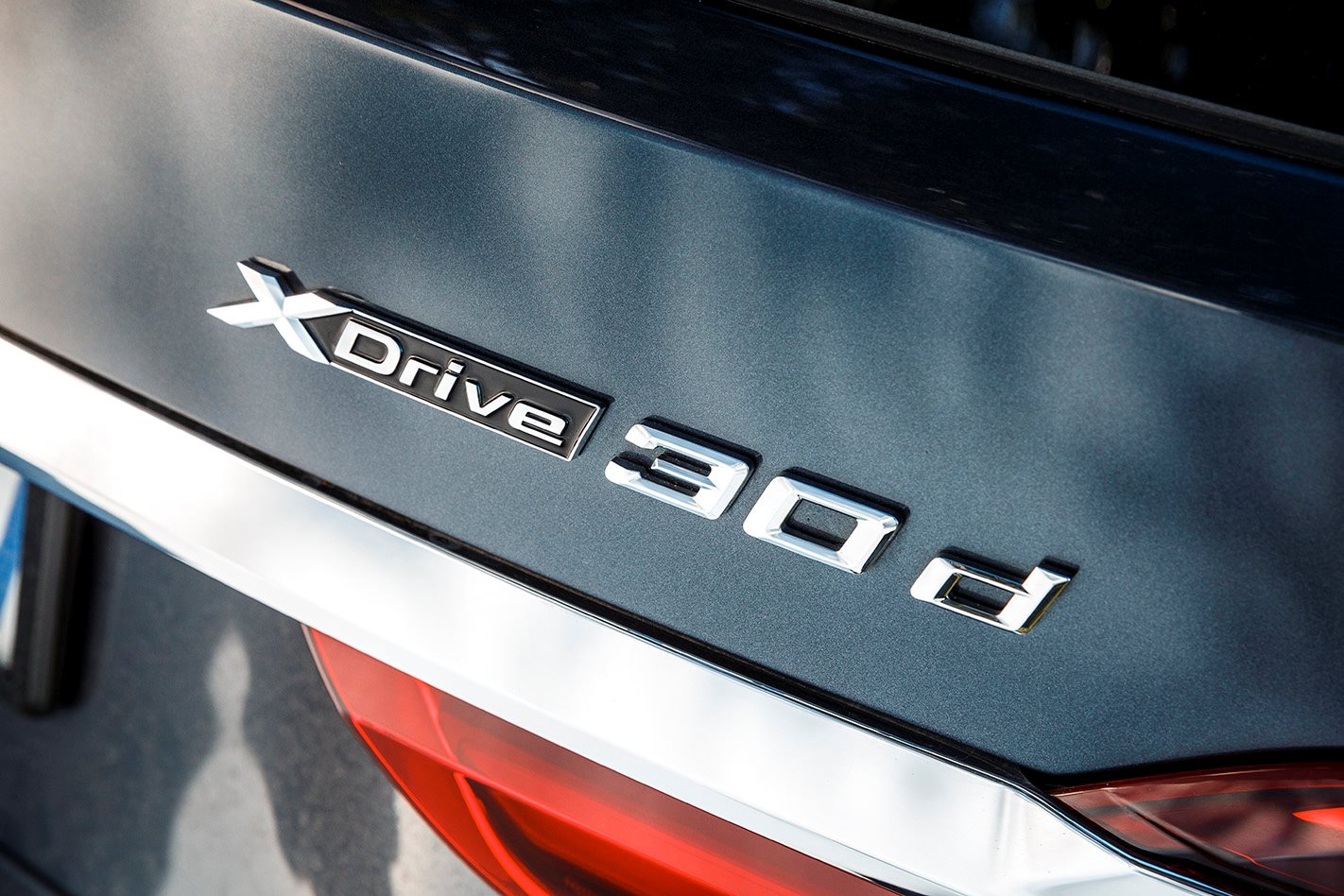
A statement for BMW Group added: “The European Commission acknowledges that the proceedings now concluded by settlement represent uncharted territory for anti-trust law.
“Price and territorial agreements were not the subject of this investigation. The European Commission nevertheless used the standards generally applied to ‘classic’ cartels of this kind to calculate the fine – with merely a certain reduction to reflect the unique nature of the case.
“The Board of Management of BMW AG has now accepted this fine in the current settlement, which acknowledges the excessive transparency provided in the context of the discussions in question – with regard to the necessary size of AdBlue tanks, the range that can be achieved with them and the presumed average AdBlue consumption.
“However, excessive transparency, like that during the discussions between the manufacturers, may also be prohibited under competition law – even though this transparency did not disadvantage customers in any way.”
We recommend
-
 Advice
AdviceWhat is AdBlue diesel exhaust fluid?
AdBlue is an additive used in many newer diesel cars, but what is it and what does it do?
-
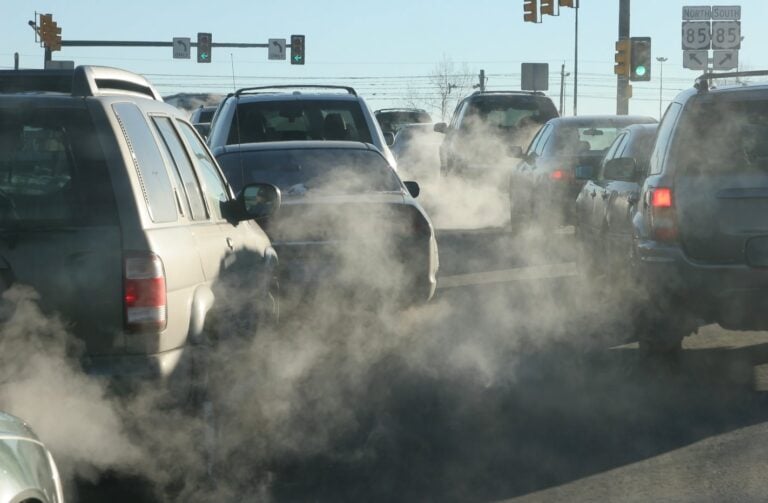 News
NewsAustralian Automotive industry releases first-ever CO2 emissions results
The Australian automotive industry has banded together to commit to new CO2 emissions targets – so how did we do after the first reporting period?
-
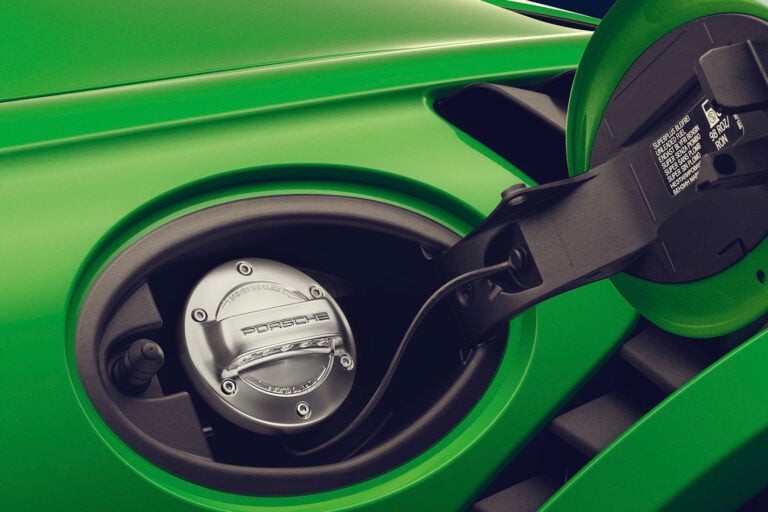 News
NewsOpinion: Manufacturers are too late to the emissions regulation party
Why are manufacturers only taking action on new emission regulations now, when it is basically too late?




